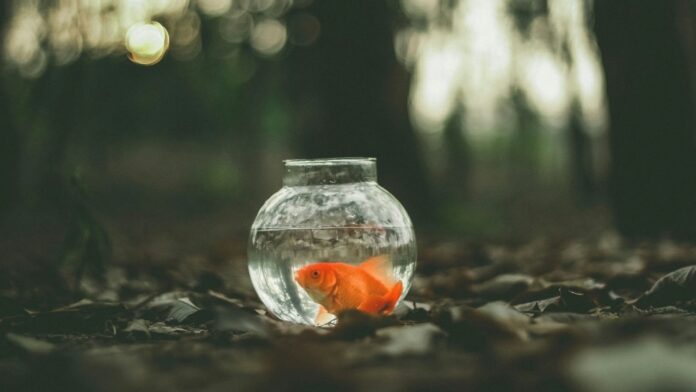Feeding your pet fish a balanced and nutritious diet is essential for their health and well-being. While it may seem straightforward, there are several factors to consider when determining what to feed your fish to ensure they receive the proper nutrition.
Here are some guidelines for feeding your pet fish:
Know your fish species
Different species of fish have varying dietary requirements based on their size, activity level, and natural habitat. Research the specific dietary needs of your fish species to determine the best food options for them. For example, herbivorous fish like goldfish and some cichlids may require a diet rich in plant-based foods, while carnivorous species like bettas and angelfish may need protein-rich foods.
Provide a balanced diet
A balanced diet for pet fish typically consists of a combination of protein, carbohydrates, fats, vitamins, and minerals. Commercial fish foods are formulated to provide essential nutrients in a convenient and easily digestible form. Look for high-quality fish flakes, pellets, or granules that are tailored to your fish species’ nutritional needs.
Variety in options
Offering a variety of foods ensures that your fish receive a diverse range of nutrients and helps prevent dietary deficiencies. Supplement your fish’s diet with frozen or live foods like bloodworms, brine shrimp, and daphnia to provide additional protein and stimulate their natural foraging instincts. Just be sure to source these foods from reputable suppliers to avoid introducing pathogens or parasites into your aquarium.
Feed in moderation
Overfeeding is a common mistake among fish owners and can lead to health problems like obesity, poor water quality, and digestive issues. Follow the recommended feeding guidelines provided by the manufacturer and observe your fish’s behavior to gauge their appetite. Feed small amounts of food 1-2 times a day, taking care not to leave uneaten food in the aquarium to prevent water contamination.
Consider special dietary needs
Some fish species may have special dietary needs or restrictions based on their age, reproductive status, or health conditions. For example, breeding fish may require additional protein-rich foods to support egg production, while juvenile fish may need smaller, more frequent feedings to promote growth. Consult with a veterinarian or aquatic specialist if you have specific concerns about your fish’s diet.
Monitor your fish’s health
Pay attention to your fish’s appearance, behavior, and appetite to assess their overall health and well-being. Healthy fish are active, alert, and have vibrant colors, while signs of illness may include lethargy, loss of appetite, or abnormal swimming patterns. Adjust your fish’s diet as needed based on their nutritional requirements and any changes in their health status.


